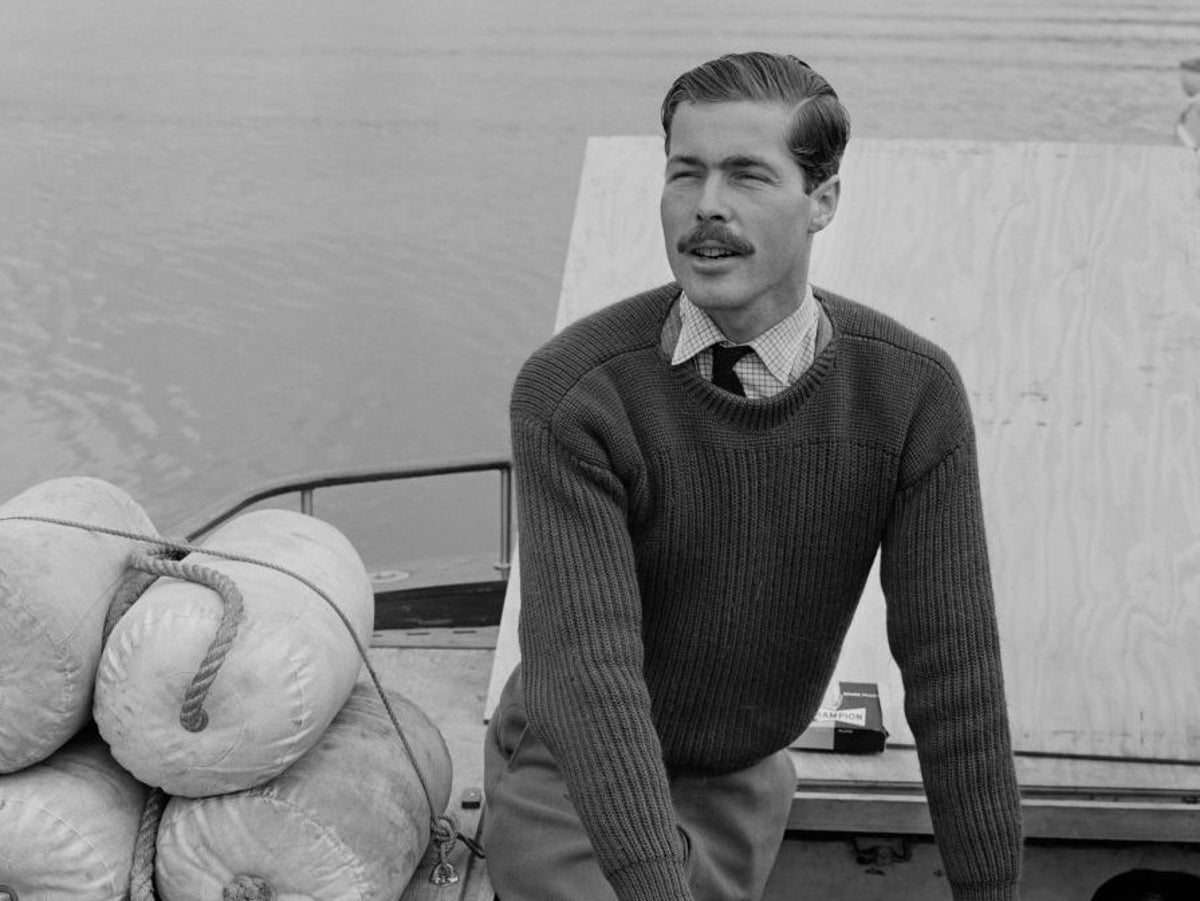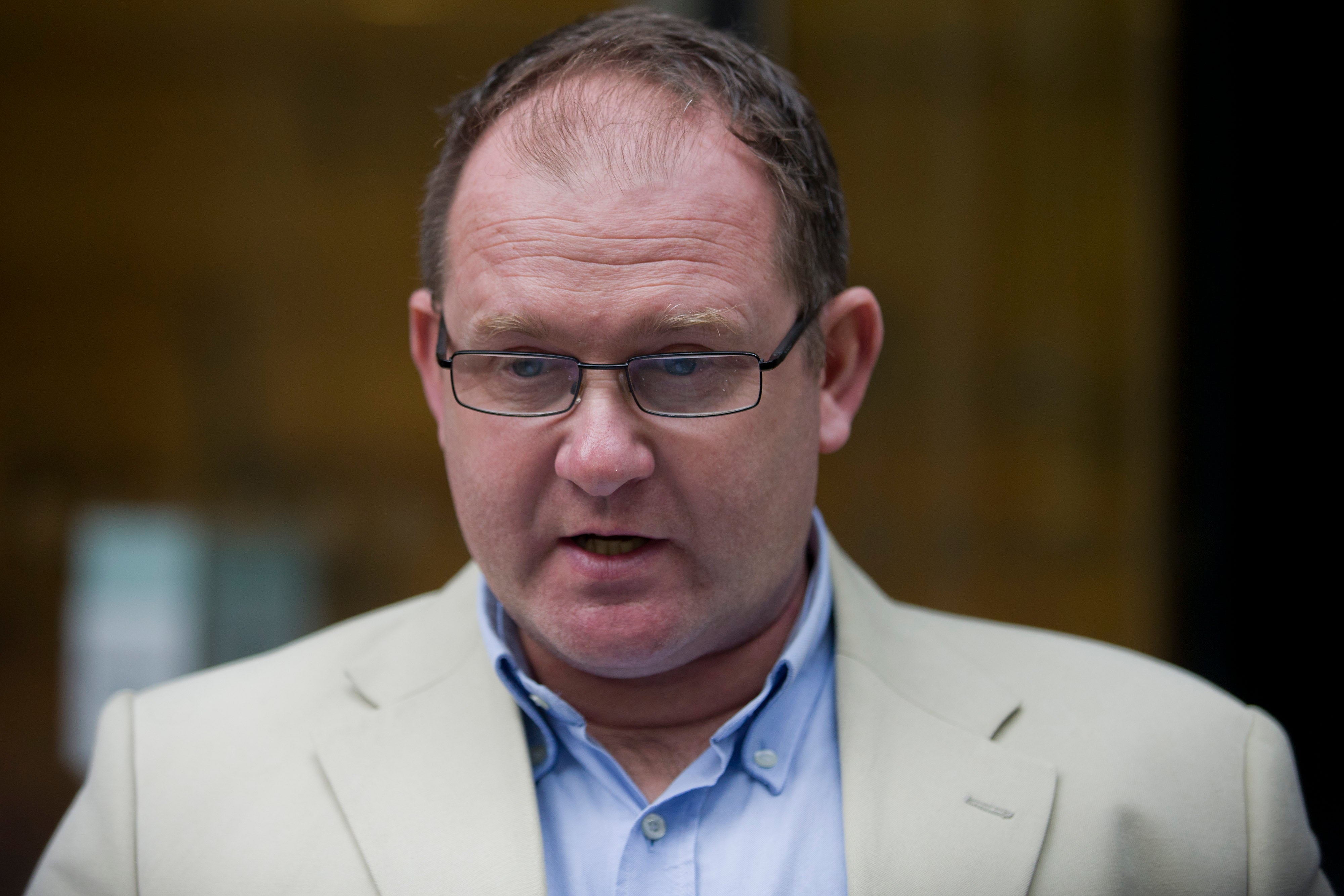
A facial recognition expert who helped to identify the Salisbury poisoning suspects as Russian agents claims to have found a direct match for Lord Lucan in Australia.
There have been dozens of supposed sightings reported across the world since the British aristocrat went on the run in 1974, after allegedly bludgeoning his nanny to death at his home in London’s wealthy Belgravia district.
The body of 29-year-old Sandra Rivett was found in a bag in the Eton-educated peer’s basement, and her son Neil Berriman has spent more than a decade seeking justice and investigating the whereabouts of the 7th Earl of Lucan, whose name is Richard John Bingham.
While Bingham was officially declared dead in 1999 by the High Court, Mr Berriman believes that his mother’s former employer may still be alive and living in Australia.
In his quest for justice, Mr Berriman sought the help of Professor Hassan Ugail, a mathematician at the University of Bradford, whose facial recognition software has previously been used to identify suspects in the Salisbury poisonings and the case of murdered journalist Jamal Khashoggi.
At Mr Berriman’s request, the computer scientist used his algorithm to run cross-checks between three photographs of a mystery pensioner in Australia and four historic images of the missing aristocrat.
“I was contacted by Neil Berriman, who asked me if I could use computer-based face recognition on seven photos taken many years apart to see if there was a probability of a match between them,” said Prof Ugail.
“According to the computer algorithm, based on thousands of experiments, these pictures belong to the same individual or someone who looks extremely like them – like identical twins. This is science and mathematical fact. You can’t cheat the algorithm.”
Were he still alive, Bingham would now be 87, the same age as the man living near Brisbane photographed in the images handed to Prof Ugail, whose findings were reportedly matched by a US firm who ran the same tests on the pictures.
Urging police to act on the findings, Mr Berriman told the Sunday Mirror: “I’ve spent nine years trying to prove this man is Lucan. Now, with this new scientific information, the police must act. This isn’t emotion. It’s fact.”
Prof Ugail told the paper that his facial recognition system was “the culmination of 15 to 20 years of work with a lot of people in our lab, not just me, my academic colleagues, 15 to 20 PhD students”.
“I am more than happy to make my findings on this particular analysis available to anyone,” Prof Ugail said, adding: “In recent years there has been a massive improvement in artificial intelligence and facial recognition technology.
“We can now confirm things that would have been impossible just five years ago. We’ve compared thousands and thousands of people and there have been literally millions of photos that we’ve analysed using the algorithm.
“It has never been wrong. This algorithm has been trained on millions of photos. People of different ethnicities, different ages – the only time it will fail is if you put in identical twins. It only takes a few minutes to run it and it comes back with a percentage – a ‘similarity index’.
“Even if you put two exact images of the same person, you are never going to get 100 per cent similarity because of the way images are taken – pixels and everything else. Anything with a similarity index of 75 per cent or higher is conclusively the same individual. The lowest score I got was around 76. I think the highest was 88.”

Prof Ugail has previously been enlisted by open-source investigators Bellingcat, The New York Times and the BBC respectively to assist in their respective investigations into the Skripal poisonings, the murder of Saudi journalist Khashoggi, and the search for alleged Nazi war criminal, Stanislaw Chrzanowski.
Monday marks the 48th anniversary of Rivett’s murder, which continued to dominate front pages nearly five decades later, as the Mail on Sunday claimed to have evidence that three Cluedo cards had been discovered in Lord Lucan’s abandoned car.
In a bizarre development, police are claimed to have discovered three cards from the murder mystery board game in the Ford Corsair abandoned by the aristocrat in East Sussex in 1974.
Alleged to be missing from a Cluedo set at the peer’s home were cards depicting the fictional suspect, weapon and murder location of Colonel Mustard, the lead piping, and the hallway.
Blood spatters were allegedly discovered on stairs near the Belgravia property’s hallway, including on a door leading to the basement, where investigators found a piece of heavily bloodstained lead piping, the Mail claimed, citing a 2002 report handed to Mr Berriman.
“If Lucan did leave the Cluedo cards, it makes me think the whole thing was pre-planned,” one former investigator told the paper, adding: “It is interesting. It is strange. The more you think about it, the more it has got implications.”







